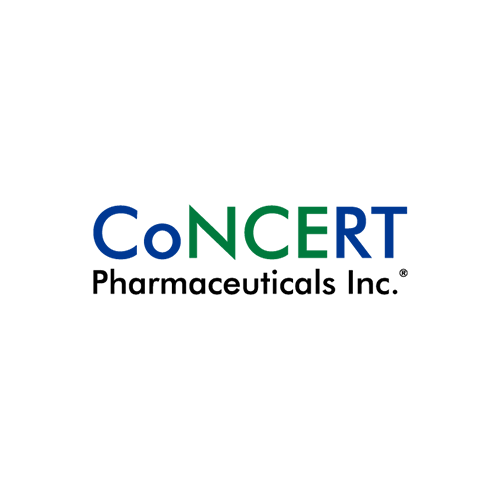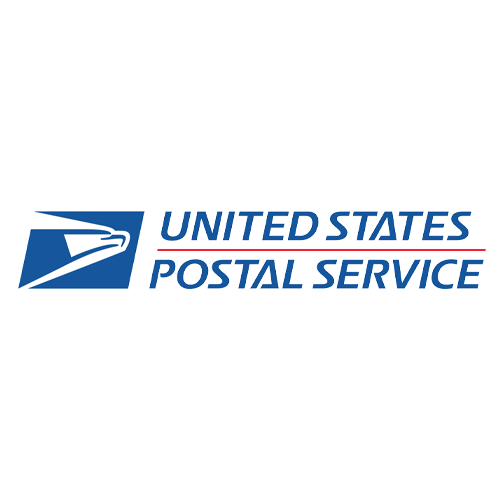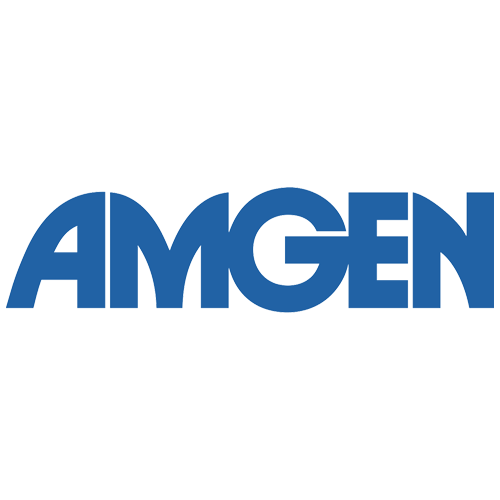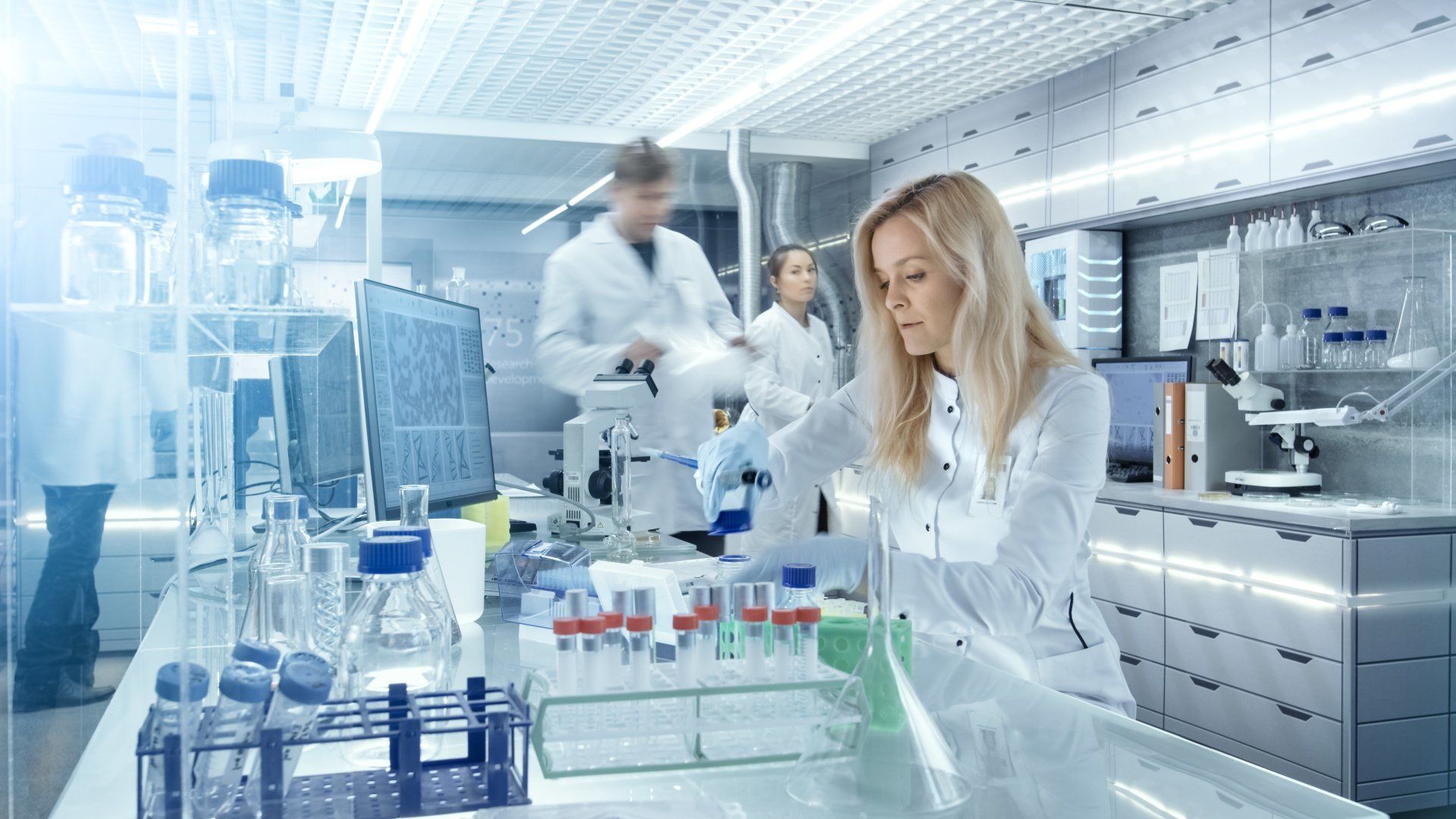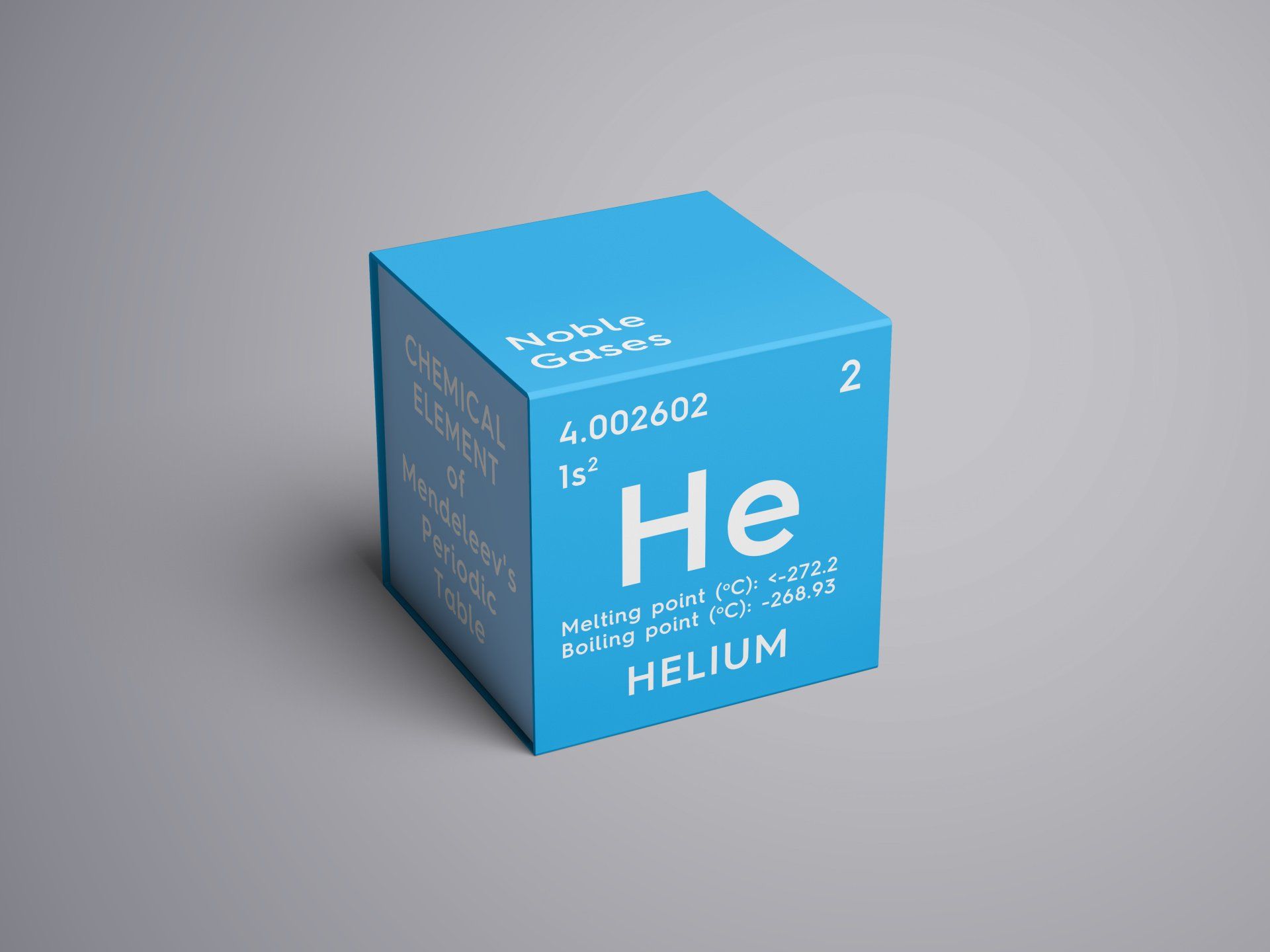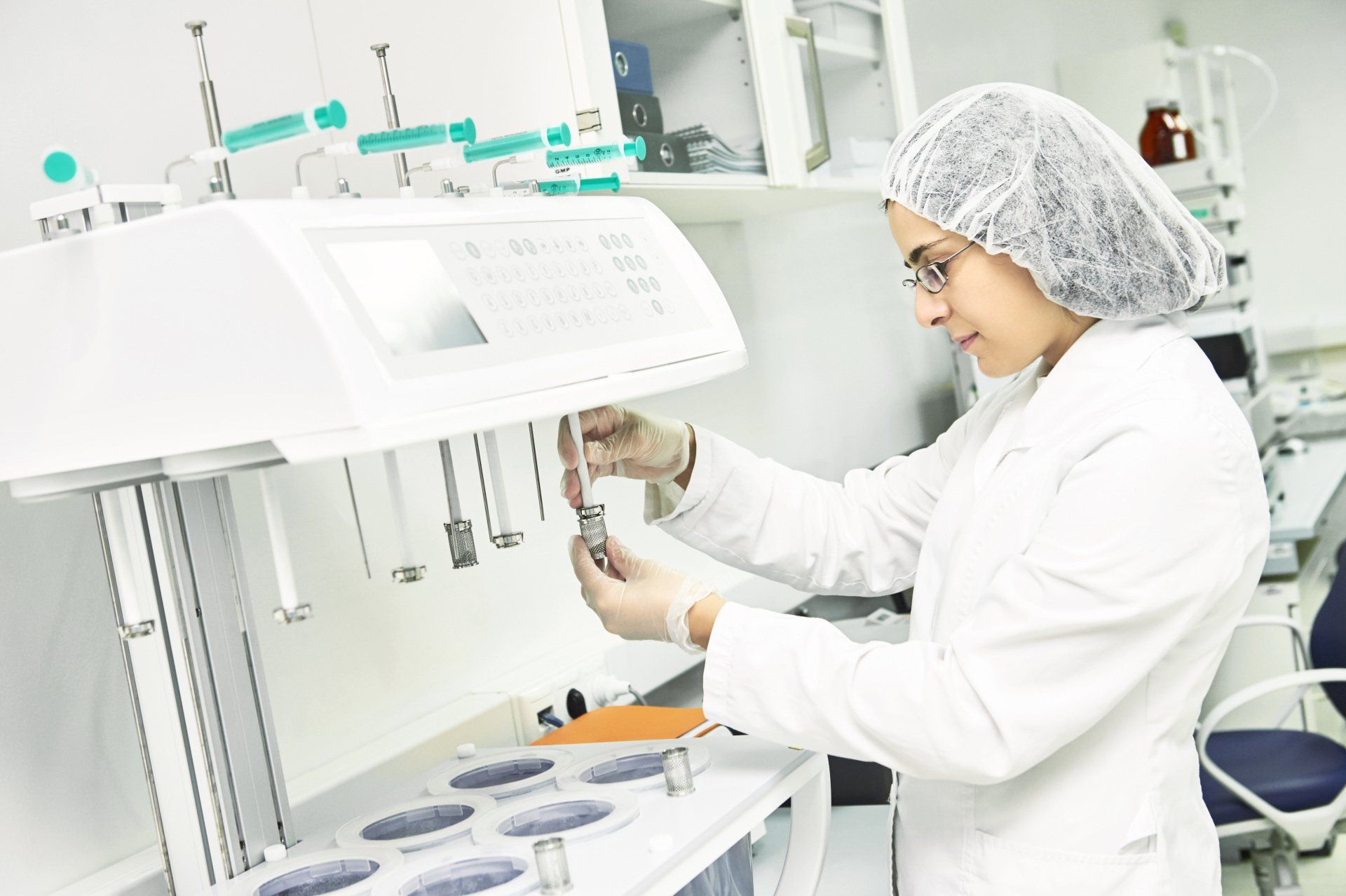Contract Maintenance for Laboratories
OUR CLIENTS
Why Should You Consider Contract Maintenance for Your Laboratory?
Manufacturers We Support:
- AB Sciex
- Agilent
- CTC/Gerstel/LEAP
- Dionex
- GE AKTA
- Perkin Elmer
- Shimadzu
- Thermo
- Waters
Instrumentation we Support:
- LC/MS/MS
- LC/MS
- GC
- GC/MS
- HPLC /UPLC
- ICP/MS
- FT/IR
- Headspace
- TOC
Juggling is for Circuses.Are you focusing on too many things and not on your science?
What is Contract Maintenance for Laboratory Equipment?
Contract maintenance for laboratory equipment is an agreement with a third party to maintain and repair the assets in your lab. Using the expertise, experience, and resources of a service provider allow you to focus on your research while providing peace of mind about the performance and reliability of your equipment.
What Do Service Contracts Cover?
Contract maintenance and service agreements can offer a wide array of support depending on your needs. Full-service contracts cover the full cost of parts and labor over the term of your agreement. Preventative maintenance agreements cover the routine care your equipment needs to remain functional. Preventative maintenance typically doesn’t include the cost of replacement parts or repair labor; it is limited to cleaning, inspection, and testing. Labor contracts are also available. With a labor contract, the cost of labor associated with a repair is covered, while parts are billed additionally at the market price.
What are the Benefits of Contract Maintenance?
Contract maintenance agreements have many benefits. First, you can easily budget for repairs and maintenance. The calculable costs are covered by the flat rate of your contract, no more fluctuations or expensive repairs. Contract maintenance can also help you reduce your operating costs. Early recognition of need maintenance or repair can mitigate downtime risks while prolonging the life of your equipment. Overall, with a contract maintenance agreement you can expect reduced service costs, minimized downtime, and experienced experts maintaining your valuable assets.
Is Preventative Maintenance an Option?
The best way to extend the life and operation of your equipment is to monitor it and perform routine, preventative maintenance. This allows your service partner to catch issues before they become a problem, resulting in fewer repairs and minimal downtime. Preventative maintenance can include visual inspections of equipment for signs of damage, calibration, software updates, function testing, and more. A written maintenance report should also be provided to sustain an accurate record.
What Manufacturers Does Your Service Contract Support?
You have a variety of different equipment throughout your lab built by many different manufacturers. It’s important that your contract maintenance provider understands how to service each. Overbrook supports AB Sciex, Agilent, CTC/Varian/Vankel, Dionex, GE AKTA, Perkin Elmer, Shimadzu, Thermo, and Waters.
How Can You Anticipate Service Requirements?
Being able to anticipate the service requirements of a piece of equipment can help you to make the best decision about leveraging the benefits of a contract maintenance agreement. Every piece of lab equipment has an MTTF (mean time to failure). This metric represents how long that asset should run before it begins to breakdown. Understanding how long a piece of equipment should last, how it will begin to show signs of failure, cost of repairs, and availability of parts are all critical pieces of information that can help you determine the benefits of a contract maintenance agreement.
Interested in Our Contract Maintenance Services?
Let us help!
What Is the Difference Between a Service Contract and a Warranty?
Each piece of equipment you buy typically comes with a warranty. This warranty is included in the purchase price. A manufacturer’s warranty is generally limited in terms of scope and duration of coverage. A service agreement or maintenance contract is an additional option that you can purchase from a provider. This agreement will cover repairs and maintenance that are not covered by the original warranty, or that are needed after the warranty expires.
Contract Maintenance
What Makes Overbrook Training Unique:
Individualization
- Training conducted on your instrumentation.
- Training conducted at your site with small class size.
- Training includes your method implementation.
Hands on experience
- Training includes hands on training on your instrument so what’s learned doesn’t have to be transferred to another instrument.
- Questions in real time can be answered directly regarding your actual method and instrument.
Cost and Efficiency
- Training will be conducted on site without the need to travel out of state, incurring additional travel and accommodation costs.
- Substantial time and cost savings as on-site training eliminates the need for staff to be out of the lab.
Overbrook Experience
- Training will be conducted by qualified and certified field engineers with chemistry backgrounds and many years of experience in the field and in the lab.
Post training Support
- Trainer access after the training to answer questions promptly and directly regarding your instrument and methods.




